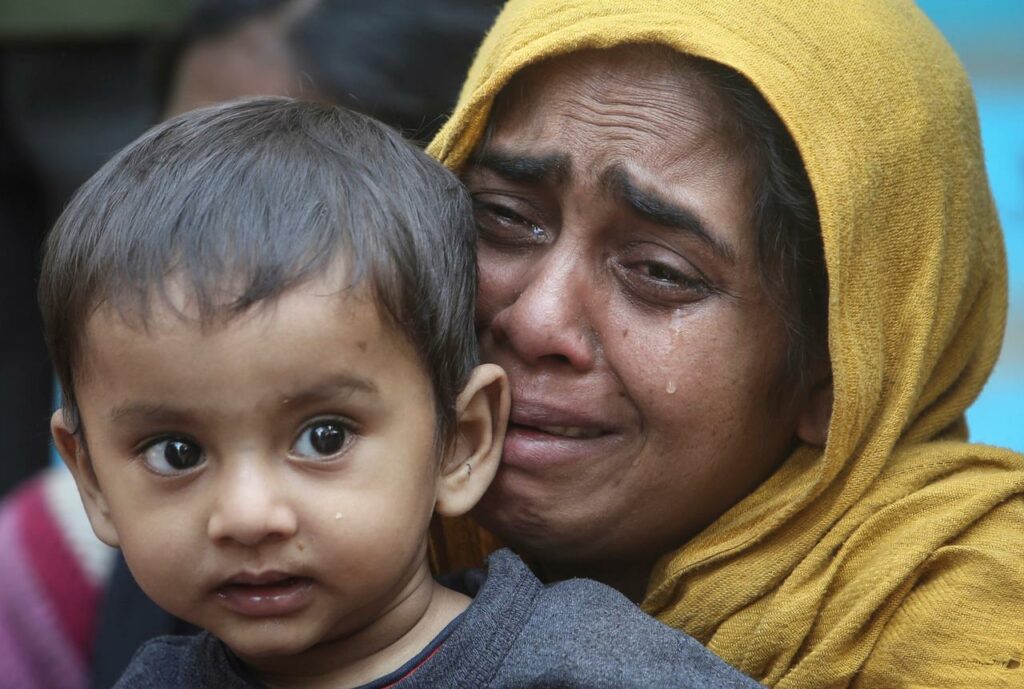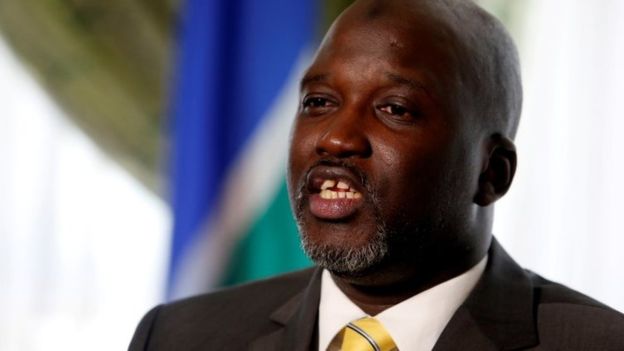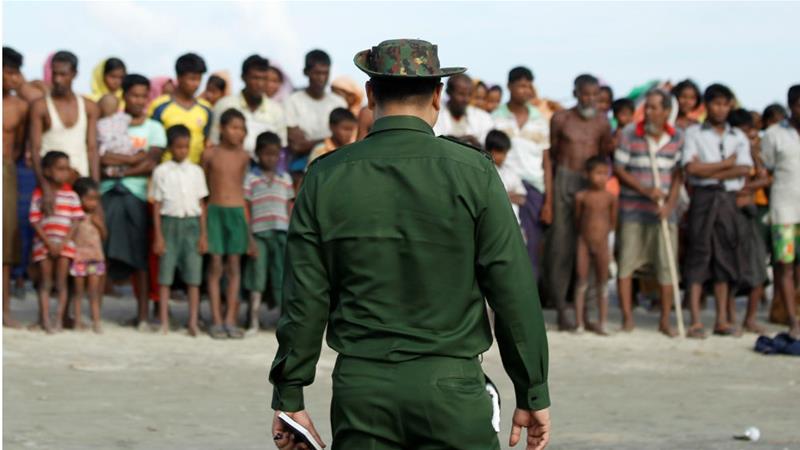
The International Court of Justice (ICJ) begins hearing on the Gambia’s Rohingya genocide case against Myanmar today in The Hague.
The three day hearings will include the first response by Myanmar to allegations of atrocities against the Rohingya before an independent and impartial court.
The Gambia, with the backing of the 57 members of the Organisation for Islamic Cooperation, filed a case on November 11, with the court alleging that the Myanmar military’s atrocities in Rakhine State against Rohingya Muslims violate the Convention on the Prevention and Punishment of the Crime of Genocide.

Nine days later Myanmar recognised being bound by the ICJ Statute and announced that its de facto leader, Aung San Suu Kyi, would lead the delegation to “defend the national interest of Myanmar.”
The Gambia’s historic case is the first from a country without any direct connection to the alleged crimes that used the country’s membership in the Genocide Convention to bring a case before the ICJ.
After filing the case, Gambian Justice Minister Abubacarr Tambadou said that “the aim is to get Myanmar to account for its action against its own people: the Rohingya.”

The case before the ICJ is not a criminal case against individual alleged perpetrators, but a legal determination of state responsibility for genocide.
The Gambia has asked the court for provisional measures to require Myanmar to immediately take all steps to prevent genocidal acts, including to stop and prevent further genocidal acts; to ensure that security forces do not commit or incite genocidal acts; and to preserve all evidence related to the military’s crimes.
In 2018, the United Nations Independent International Fact-Finding Mission on Myanmar concluded that “the actions of those who orchestrated the attacks on the Rohingya read as a veritable check-list” on how to destroy a national, ethnic, racial, or religious group. The mission concluded in 2019 that “the State of Myanmar breached its obligation not to commit genocide under the Genocide Convention.”
“Gambia’s genocide case unlocks a long overdue legal process to credibly examine Myanmar’s countless atrocities against the Rohingya,” said Param-Preet Singh, associate international justice director at Human Rights Watch. “The court has an opportunity to put in place measures to prevent further abuses against Rohingya victims and survivors still in the country.”
The governments of Canada and the Netherlands have given their support to the Gambia’s case. They announced that “ it is their obligation to support the Gambia before the ICJ, as it should concern all of humanity.”
Both Canada and the Netherlands are parties to the Genocide Convention.










Recent Comments